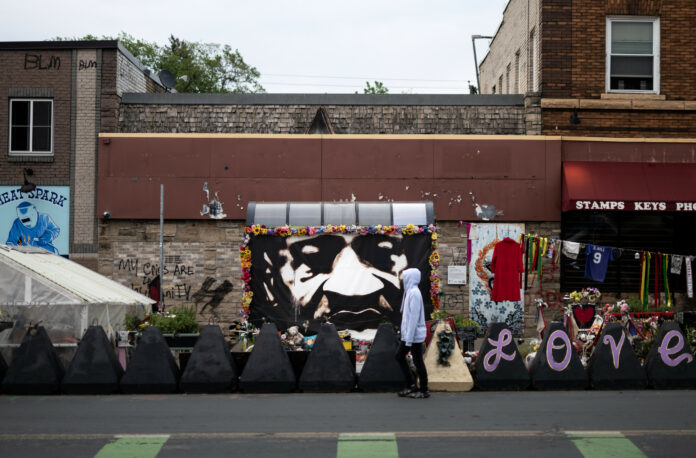In June of 2001, I finally managed to inaugurate a special program for the New York City Police Department (NYPD) called “Certificate in Police Leadership in Multicultural and Multiethnic Environments.” This program, paid for by the New York State Department of Criminal Justice Services—and later supported by the New York City Council—was launched by John Jay College of Criminal Justice to help educate NYPD officers how to avoid incidents similar to the one that led to the death of Amadou Diallo in 1999.
Despite the many trials and tribulations my colleagues and I encountered in creating this program and much resistance from the New York City Police Department, we finally started with the first cohort of 500 sworn NYPD officers. The main goal of this program was to prevent situations in which civilians are killed due to personal prejudice and/or lack of proper training.
Almost 20 years later, And if we haven’t, how do we move forward to prevent yet another loss of life and, at the same time, make sure that police officers around the country will keep their chins up, not leave the force in strides, as they do now, and be proud of this most noble of professions that they chose to engage in?
Stephen Maturen/Getty Images
Tragic but avoidable incidents like the Amadou Diallo and George Floyd killings not only have a detrimental impact on community-police relations, but also harm police officer morale and their willingness to persist in their profession. Policing is frequently demonized as a corrupt and racist profession. The reality is that most police officers are not the bad apples they are portrayed to be.
Are they all well trained and educated to do everything that is expected of them in the right way? After researching this profession for decades now, I can state with the highest degree of confidence that they are not. In fact, police officers in America receive far less training than in other democratic countries—17 weeks on average, whereas officers in European nations must complete two and a half to four years of university study.
But the overwhelming majority of officers have the best intentions. The incessant vilification of officers will spell doom for the future of policing in America. Between 2020 and 2021, Police departments around the country have experienced an 18 percent increase in resignations, a 27 percent increase in retirements in large departments (more than 500 employees), a 45 percent increase in retirements (in small departments (fewer than 50 employees) and a 59 percent increase in retirements among agencies with 50-249 officers. The initial hope was that this would be a passing wave, but morale continues to be low, and the desire to join the profession is nowhere to be found. It is no longer a passing wave—it is more like a tsunami with all its disastrous consequences.
A few months ago, I taught a police ethics course to a class of only seven NYPD officers when just a few years ago, the same course had an enrollment of 30 with a waiting list of another 30 interested students. During class, I started talking about the unprecedented attrition and retirement trends at the NYPD and around the country. One of the officers raised her hand and asked why this course had such low enrollment. She offered this theory: it is because officers have lost the drive and desire to improve because it feels like no matter what they do, the public will vilify them —so why bother? As she was finishing her sentence, another officer walked into the class a bit late. He apologized and said the reason for his tardiness was because that very morning, six officers in his command submitted their resignation—despite being far from retirement age.
I am rarely speechless, especially when it comes to motivating police officers and reinforcing their importance in our republic, but this time, I was. A few weeks later, a reporter for a Spanish television network covering nationwide anti-police sentiment asked me a simple question: why would anybody today want to become a police officer? Once again, I was left speechless.
Effective policing is a pillar of any democratic society. If we want to continue to maintain safe communities, we need to adopt a positive and supportive attitude to our police officers. Let’s also implement national standards for police officers so that we recruit, educate, and train the best officers we can. Without a transformational change in the recruitment, selection, training, and education of our police officers, we will be reading the same op-ed 20 years from now but with one change—by then we will no longer be living in a thriving democracy.
Dr. Maria (Maki) Haberfeld is a professor and chair of the Department of Law, Police Science, and Criminal Justice Administration at John Jay College of Criminal Justice. She is also the academic director of the NYPD Police Studies and NYPD Master of Arts in Criminal Justice Executive programs at John Jay College.
The views expressed in this article are the writer’s own.


